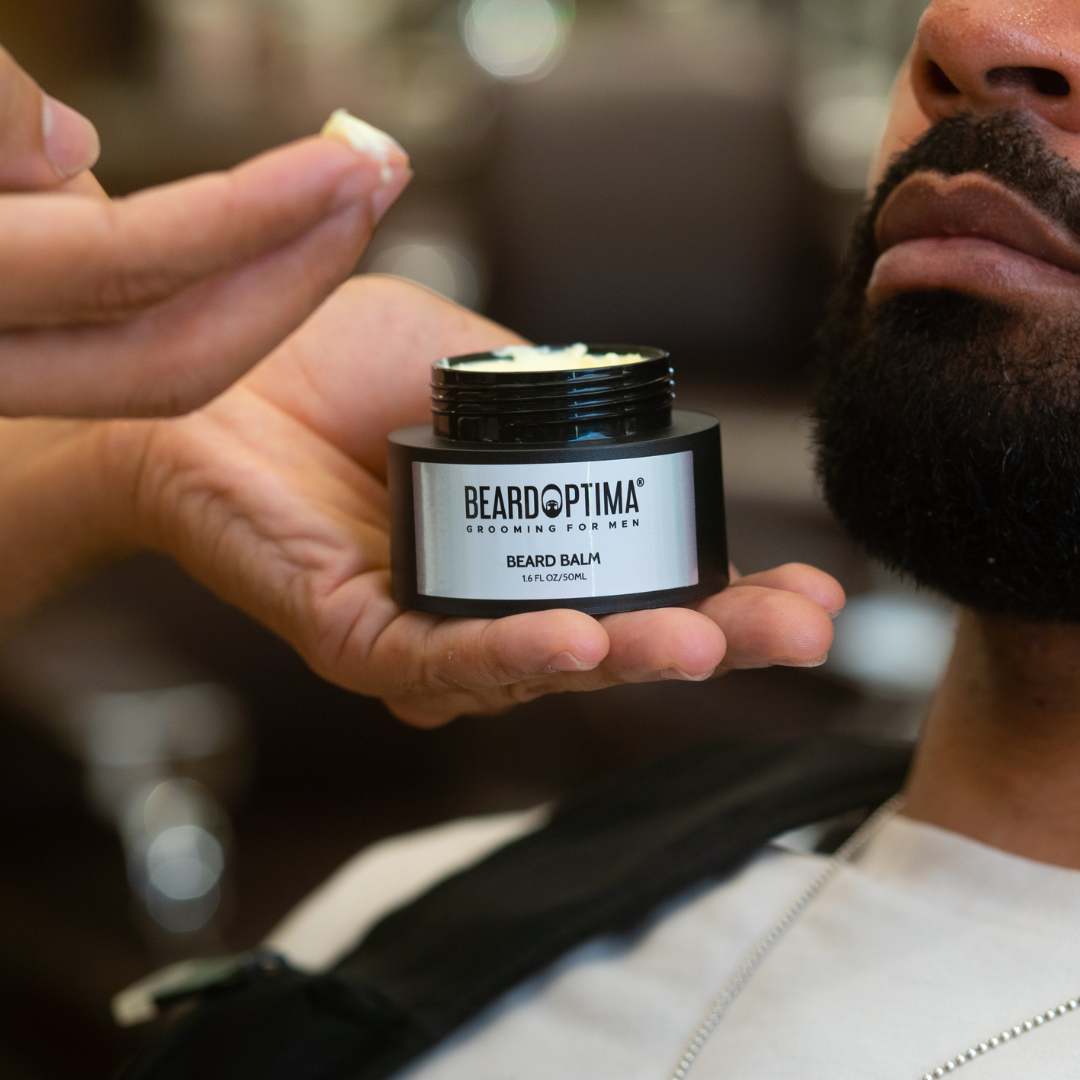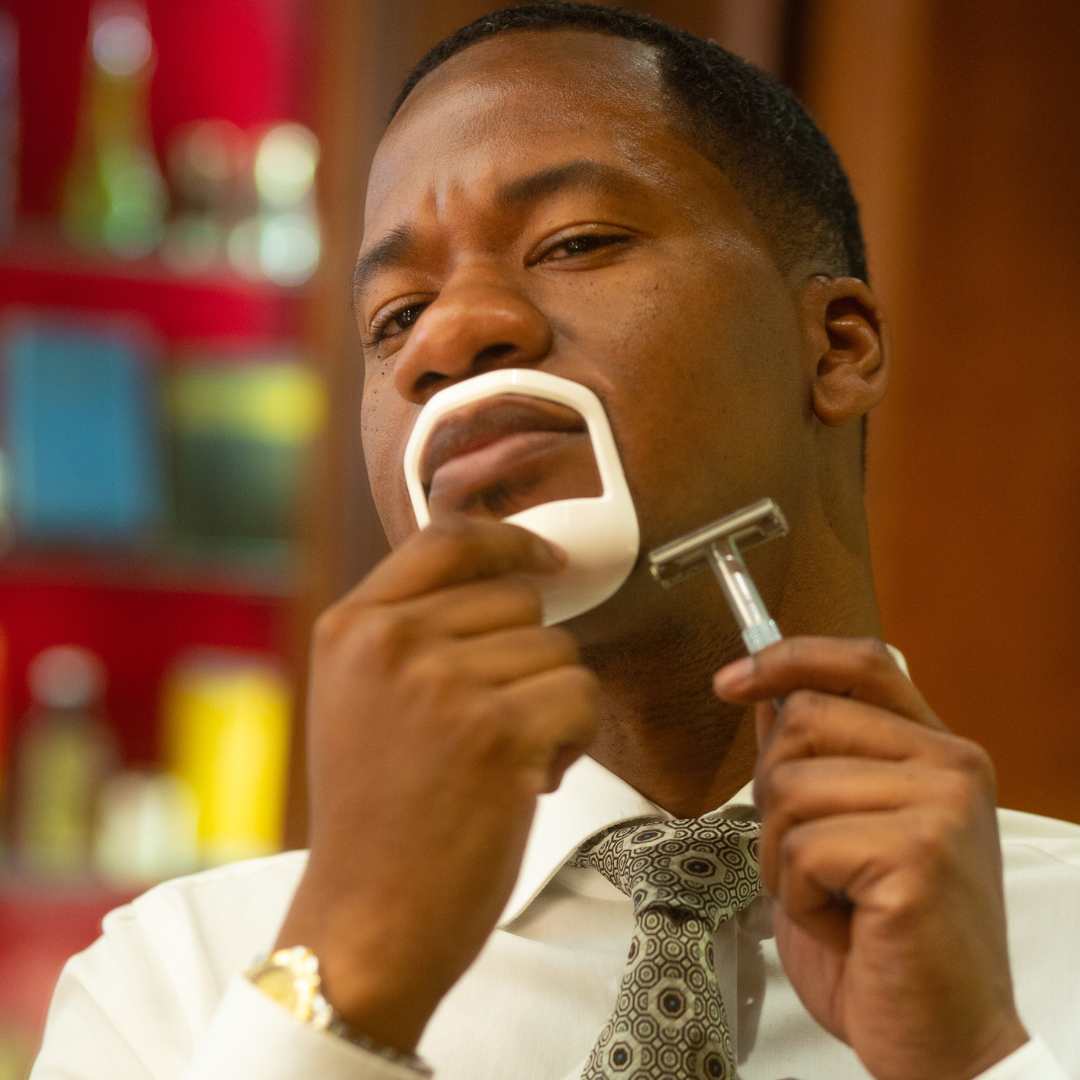Article: Beardoptima on Barber History

Beardoptima on Barber History
The word "barber" comes from the Latin word "barba," meaning beard. It may surprise you to know that the earliest records of barbers show that they were the foremost men of their tribe. They were the medicine men and the priests. But primitive man was very superstitious and the early tribes believed that both good and bad spirits, which entered the body through the hairs on the head, inhabited every individual. The bad spirits could only be driven out of the individual by cutting the hair, so various fashions of hair cutting were practiced by the different tribes and this made the barber the most important man in the community. In fact, the barbers in these tribal days arranged all marriages and baptized all children. They were the chief figures in the religious ceremonies. During these ceremonies, the hair was allowed to hang loosely over the shoulders so that the evil spirits could come out. After the dancing, the long hair was cut in the prevailing fashion by the barbers and combed back tightly so that the evil spirits could not get in or the good spirits get out.
This rule by barbers was a common thing in ancient Asia. In fact, wherever there were legends and superstitions about the hair, the barbers flourished. To this day in India, the veneration of the hair continues and those who cut and dress the hair are important characters.
This rule by barbers was a common thing in ancient Asia. In fact, wherever there were legends and superstitions about the hair, the barbers flourished. To this day in India, the veneration of the hair continues and those who cut and dress the hair are important characters.




